Description
Dried Skullcap Improves Mood 60g. Scutellaria laterfolia syn. Cassida lateriflora. Plant Family: Lamiaceae. Other names: American Skullcap, Mad-dog Skullcap, Quaker Bonnet, Blue Pimpernel. Skullcap is a hardy perennial herb native to North America and Canada.
It’s thought that American skullcap positively impacts mood and reduces anxiety by stimulating gamma-aminobutyric acid (GABA), a neurotransmitter that helps calm nerves. Notably, this plant was used in traditional medicine practices as a sedative and treatment for conditions like insomnia and anxiety.
Various parts of skullcaps, such as their roots and leaves, have been used in traditional Chinese and Native American medicine to treat a variety of ailments, ranging from diarrhea to chronic pain. Skullcap was used by some Native American tribes as an emmenagogue to bring young girls into womanhood. It was also traditionally used to bring on visions (in large doses) during spiritual ceremonies. It was once used as a treatment for rabies and schizophrenia (hence the names maddog skullcap, maddog weed, and mad weed.)
Today, this plant is purported to provide an array of health benefits, from boosting heart health to relieving anxiety. American skullcap has been shown to boost mood and reduce symptoms of anxiety. Both American and Chinese skullcap contain an array of beneficial plant compounds, including antioxidants, which have anti-inflammatory effects and protect your cells from damage caused by molecules called free radicals. Oxidative stress, which results from an imbalance between free radicals and antioxidants, is linked to a number of chronic conditions, such as certain cancers and heart disease. Some test-tube studies suggest that American skullcap may have neuroprotective properties, potentially safeguarding against diseases like Alzheimer’s and Parkinson’s. Skullcap is gaining some recognition as an alternative treatment for Attention Deficit Disorder (ADHD/ADD). This plant is sometimes used to treat the symptoms associated with anorexia nervosa, fibromyalgia and even mild Tourette’s syndrome. Skullcap is also used as a herbal treatment for asthma and as a hiccup and hangover remedy.
People with conditions that impact liver function should avoid this plant altogether. Chinese skullcap has also been associated with lung complications, and other types — including the American variety — may cause side effects like irregular heartbeat, tics, anxiety, drowsiness, and mental confusion in some people. ALWAYS research any new herb Thoroughly and if pregnant, breastfeeding or taking prescribed drugs, book an appointment with your midwife or GP first.
Doses of skullcap generally range from 1–2 grams per day, usually in divided doses. To make a tea, put a tablespoon of herb in a tea infuser (I use a cafetiere)or fill an empty teabag etc. Add 2 cups of just off the boil water and steep for 10 minutes. Strain and add a teaspoon of honey and enjoy.
Information sheet included. Free shipping. Discount refunded on 5+ assorted purchases.

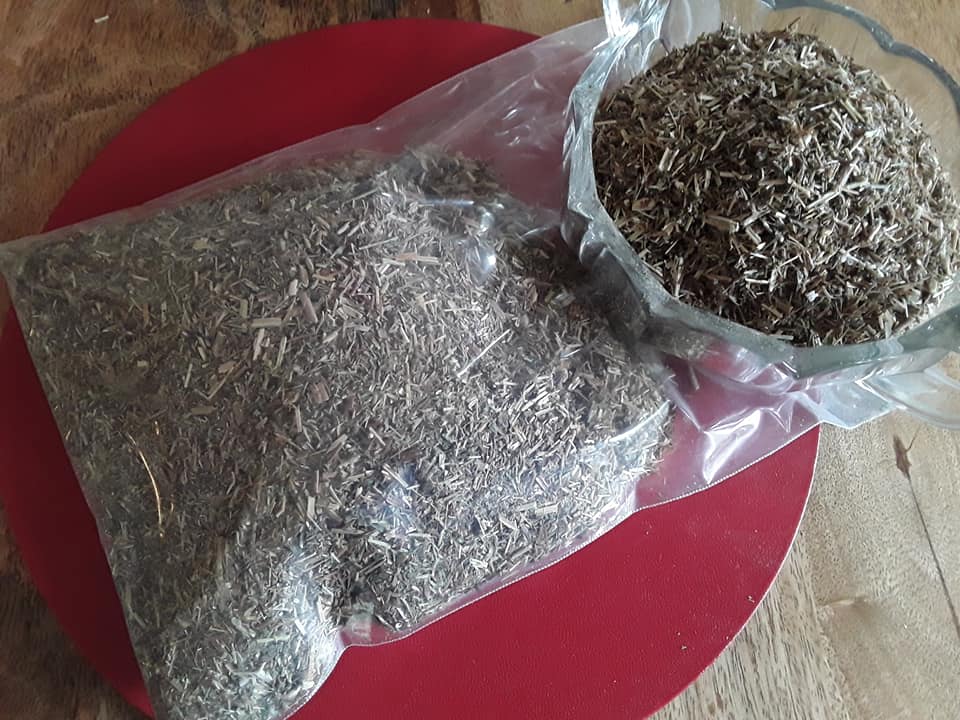
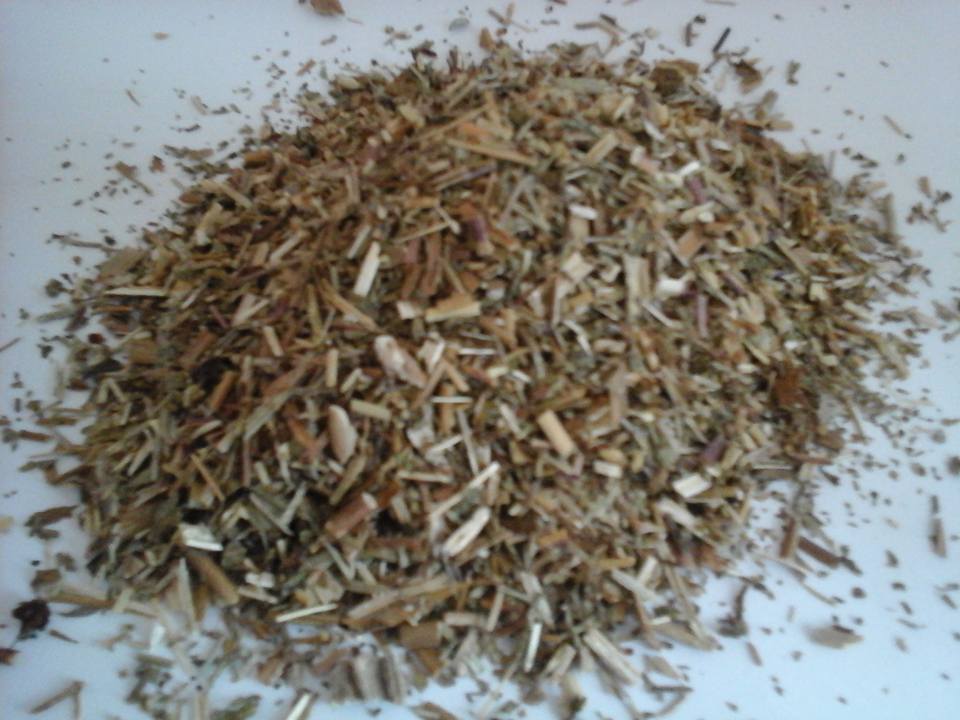
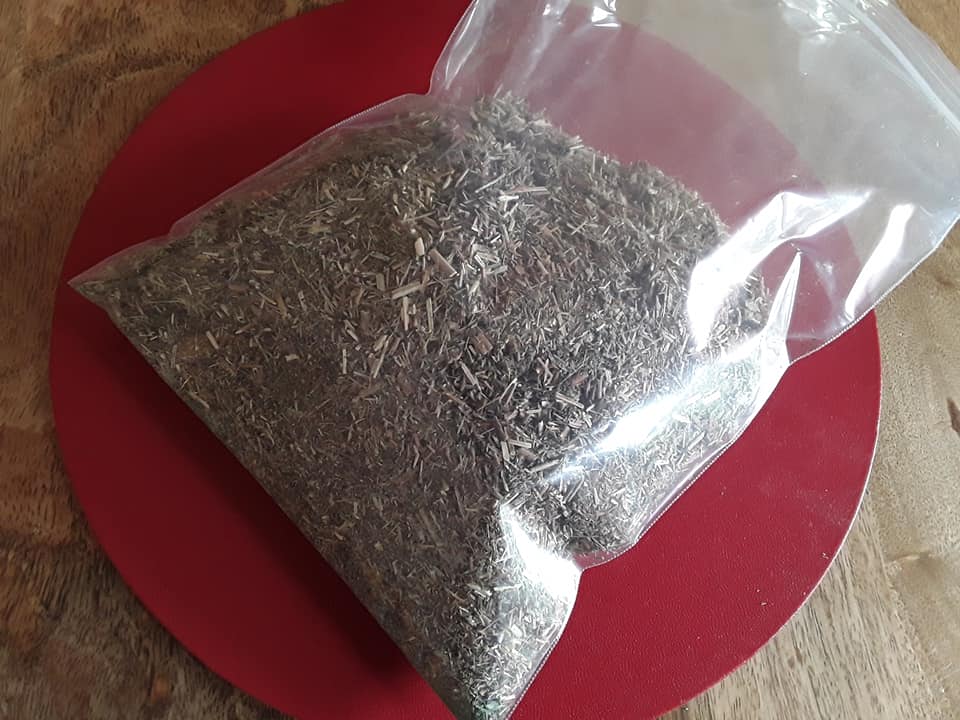
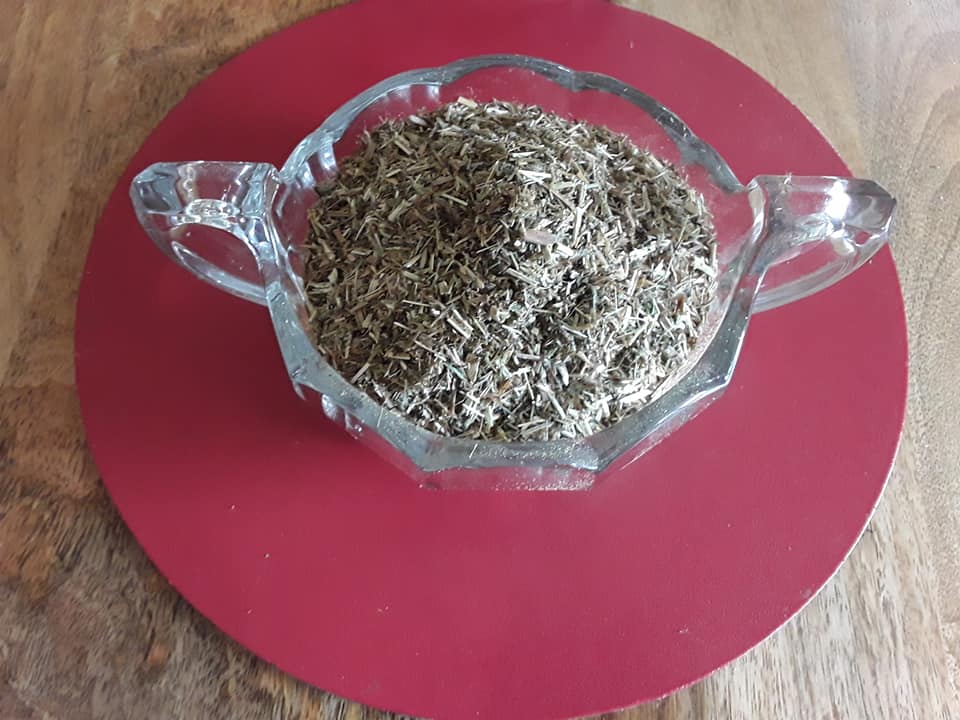


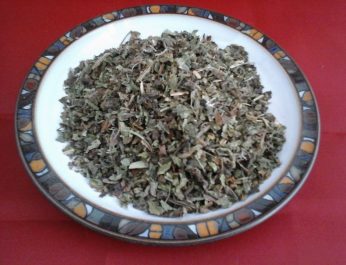

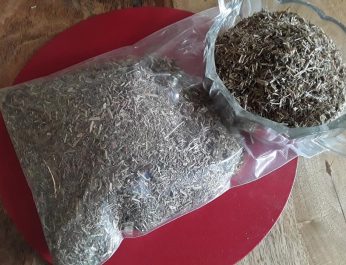
Reviews
There are no reviews yet.